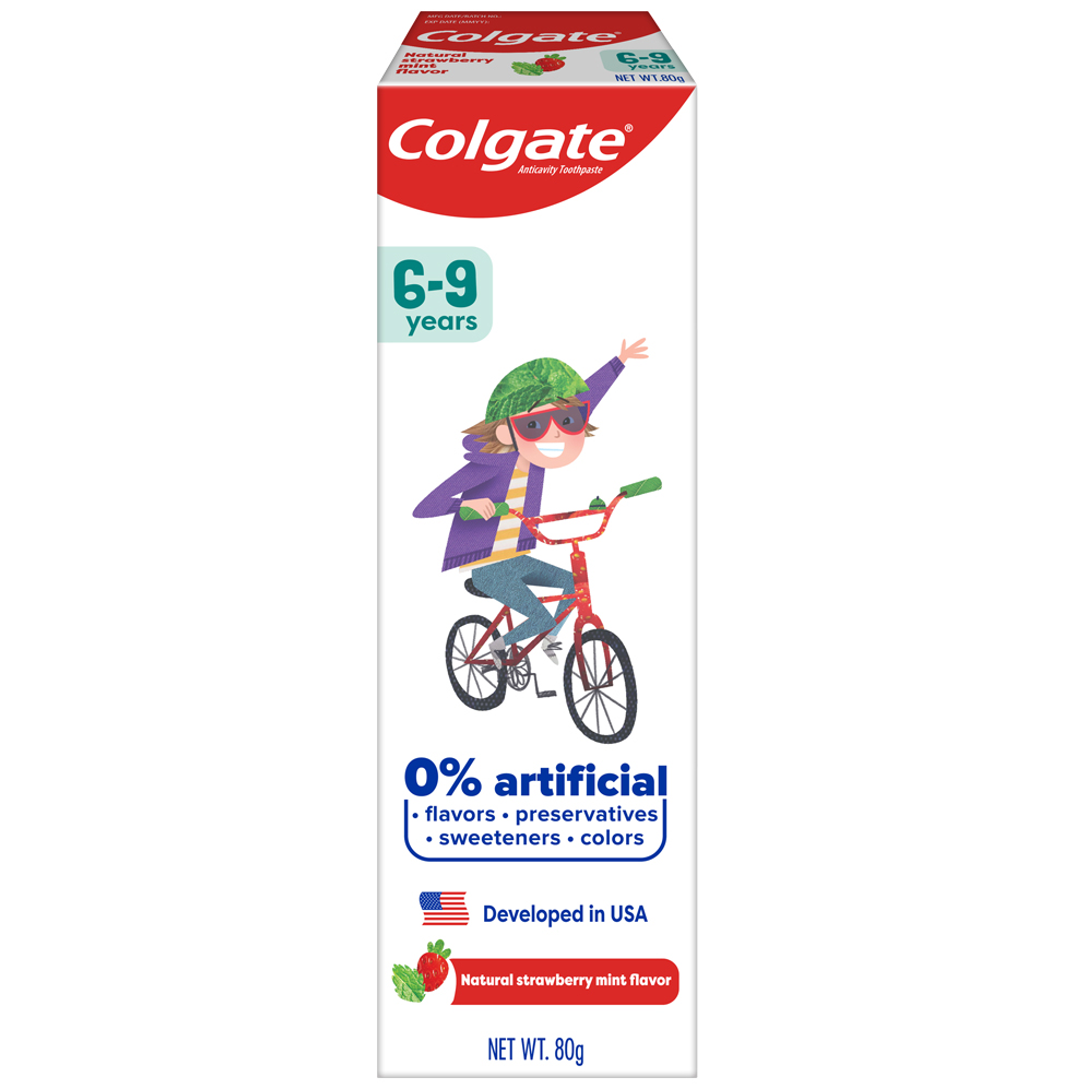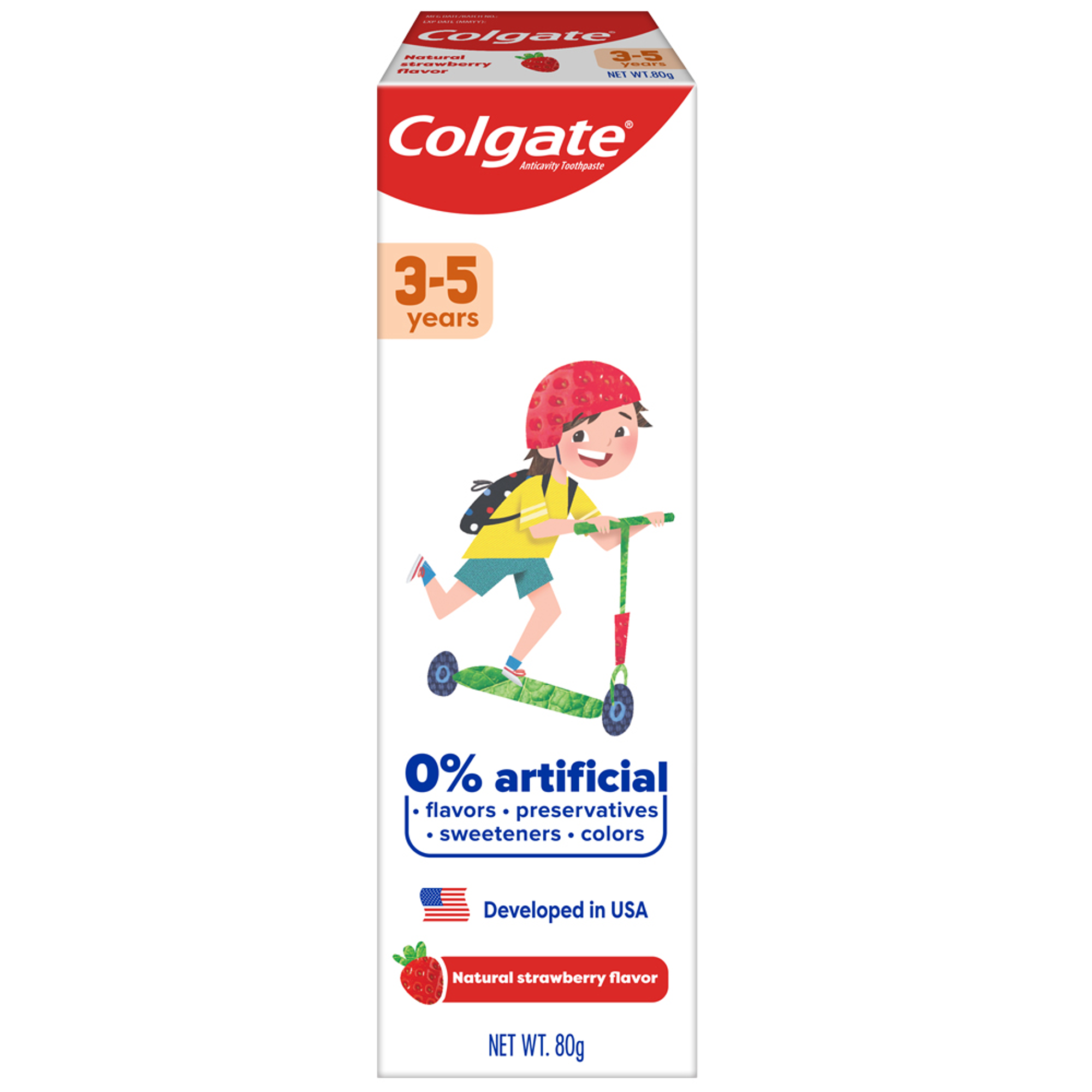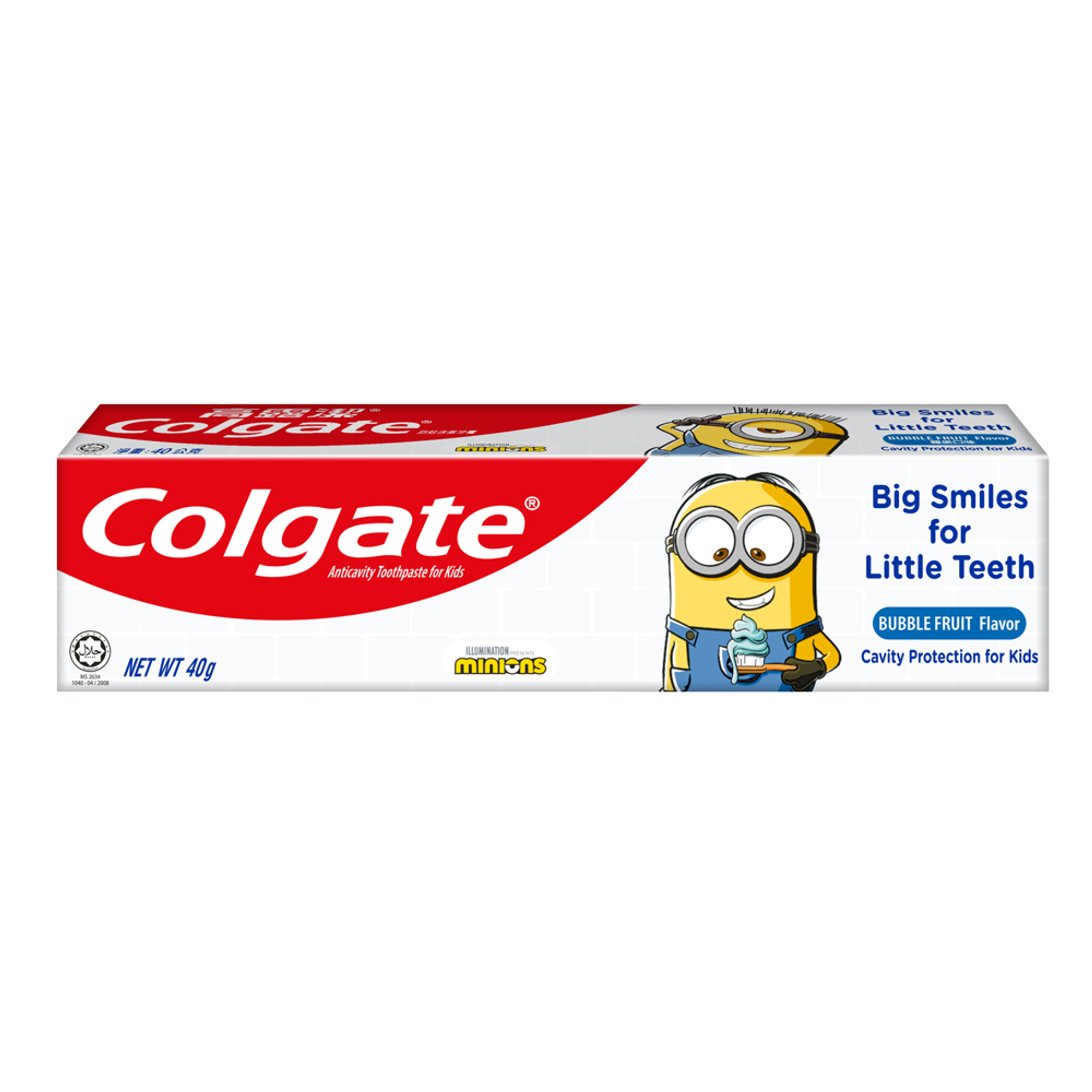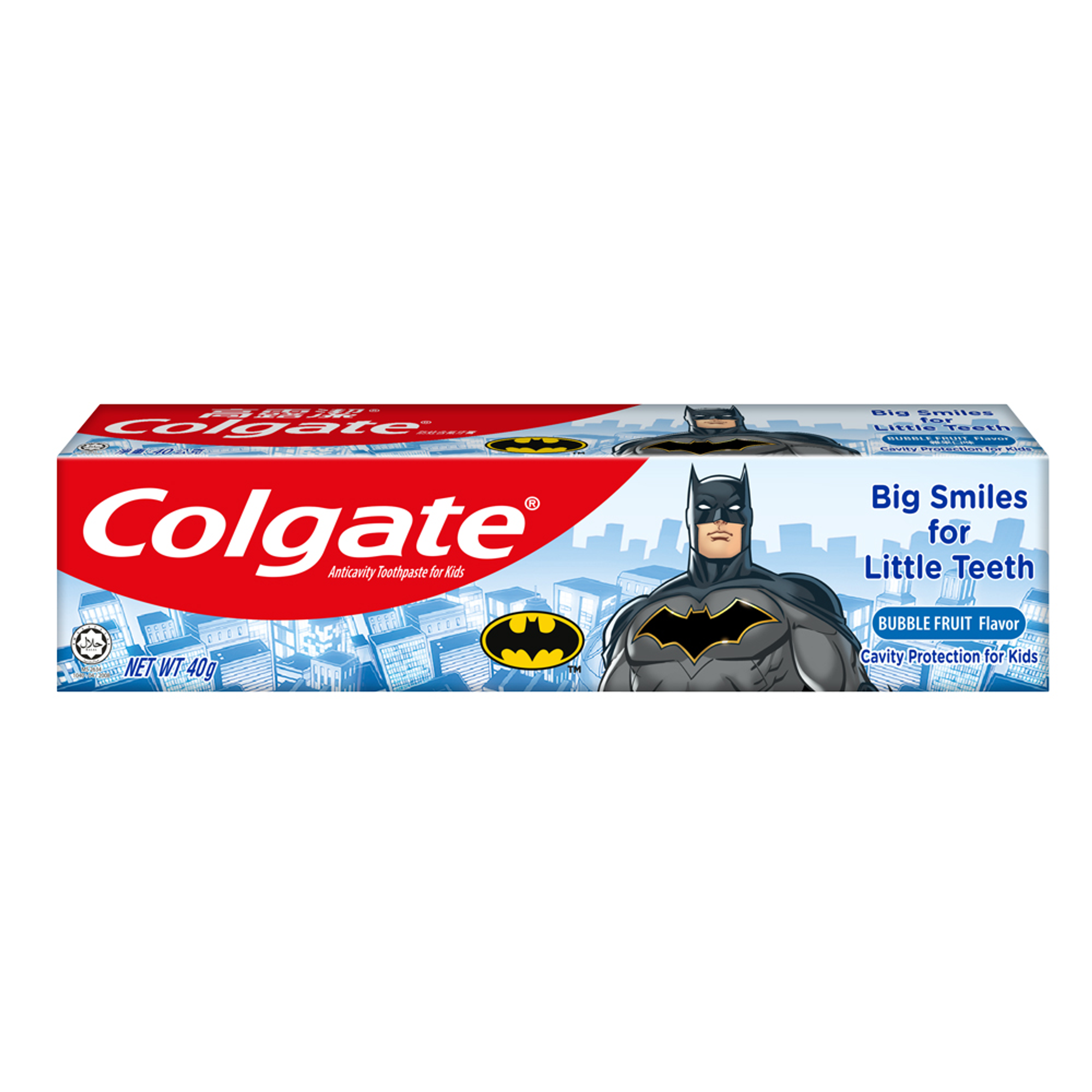-
-

FLUORIDE
Discover how stannous fluoride toothpaste prevents cavities and other oral health issues. Learn the key benefits of fluoride for teeth and its best uses.Fluoride plays a vital role in oral healthcare...

TEETH WHITENING
Teeth Whitening Serum for a Brighter, Confident SmileWho does not want whiter and brighter teeth? Thanks to the many teeth-whitening products available today...
-
Science & Innovation
- ORAL HEALTH ASSESSMENT
- Colgate® | Toothpaste, Toothbrushes & Oral Care Resources
- Oral Health
- Top Teething Remedies For Babies: Helping Your Little One Overcome The Pain


Your baby will experience many milestones. From the first giggle and finger grab to sleeping through the night and their first tooth, experiencing alongside them as parents (especially first-timers) is magical. But before that first pearly white pops out, your baby will enter the teething stage of development. Sometimes this is an easy stage for child and parent, but oftentimes, pain and discomfort accompany teething, which can unsettle any parent. We've rounded up the top teething symptoms to look for – and tried and true remedies to help ease the transition.
When Will My Baby Start to Teethe?
When should you be on the lookout for those first beautiful little choppers? Typically, the first tooth makes its appearance at around six months –although it may be as early as three months and as late as one year. The process typically concludes with all teeth erupted by the three-year mark. First, it's the front incisors, then the molars, followed by the canines, with the back molars coming in last. As there are 20 teeth in total to keep track of, many parents find a baby teething chart quite handy.
Symptoms of Teething
Every child is different and will thus experience different teething symptoms. While they could be one of the lucky ones who feel little pain and discomfort, you should be prepared for red, swollen and sore gums. Some other signs are:
- Fussiness
- Trouble sleeping
- Irritability
- Loss of appetite
- Excessive drooling
These are very common and can be treated with a little love and parental sense. However, if your child experiences vomiting, diarrhoea and a high fever, contact your paediatrician immediately as these are not teething symptoms.
Top Teething Remedies
While your child may be enduring quite a few teething symptoms, there are several teething remedies that counteract and relieve pain and discomfort, including:
- Gently massaging the gums with clean fingers or a wet gauz
- Cold spoon
- Cold face cloth
- Cold teething rings made of firm rubber without liquid in the middle
- Pacifiers
Again, every baby is unique, so you may have to mix and match to find the best combination of remedies that works for your little one.
Teething Remedies to Avoid
Keep in mind that while there are useful remedies, like the above, to help soothe teething's painful effects, there are also risky teething remedies that are best avoided. They include:
- Teething necklaces
- While popular, necklace beads are a considerable choking hazard if the beading breaks
- Teething gels
As mentioned by the Ministry of Social and Family Development, the Food and Drug Administration in the United States advises against the topical application of teething gels as they contain agents harmful to children below the age of two
- Frozen teething rings
- Chill them in the refrigerator rather than the freezer as they can be too hard and cold, making your baby's pain worse
Now that you know what to look for and what you should (and shouldn't) do to help your baby through their teething stage, remember that the one thing you should never run out of is patience. It's every parent's best friend.
Related Articles

Do you remember losing your first tooth? Consider using a tooth fairy pillow for your child to place their lost teeth in. Learn more here.


Related Products

Helping dental professionals
More professionals across the world trust Colgate. Find resources, products, and information to give your patients a healthier future








